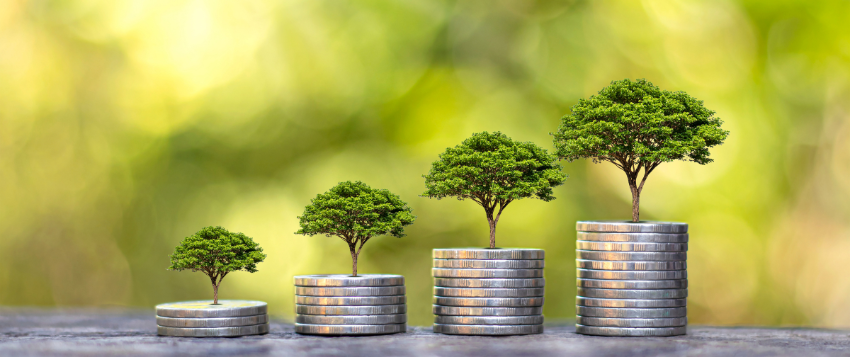What Are You Willing to Give Up for Financial Freedom?

Understanding Financial Freedom
Achieving financial freedom is a goal many aspire to, yet few attain without making significant sacrifices. Financial freedom is more than just having a large bank account; it is a state where you have complete control over your finances, allowing you to make choices based on your desires and goals rather than being limited by costs. It means having enough income or savings to cover your expenses, giving you the freedom to live life on your own terms. To reach this state, you might need to give up some short-term luxuries in exchange for long-term security. Here are some considerations and alternatives to help you along the way.
Reassessing Daily Expenses
For many, a common daily expense is takeaway coffee. While R30 for a cup might not seem like much, it can add up quickly. Over a year, this seemingly small daily expense can amount to over R10,000. Instead, investing in a reusable coffee cup and making your coffee at home can save a significant amount of money. Not only will this reduce your expenses, but it also minimises waste, contributing positively to the environment.
The Cost of Upgrading Technology: Is It Worth It?
Another area to consider is the constant upgrading of smartphones. With new models being released frequently, the urge to always have the latest technology is strong. However, the cost of upgrading your phone every year or two can be substantial. Instead, keeping your current phone for as long as it functions well can save you thousands of rands. If you do need to upgrade, consider purchasing a second-hand or refurbished model. This not only saves money but also helps reduce electronic waste.
Breaking the Fast Fashion Cycle

The fashion industry also plays a significant role in our spending habits. Fast fashion trends encourage frequent purchases of new clothes, often worn only a few times before they go out of style. By opting for classic, timeless pieces, you can ensure your wardrobe remains stylish and functional for longer periods. Investing in quality over quantity means your clothes will last longer, ultimately saving you money. Additionally, exploring thrift stores or participating in clothing swaps can refresh your wardrobe sustainably and affordably.
DIY Beauty: Reducing Salon Visits
Regular visits to beauty salons for treatments such as haircuts, manicures, and facials can quickly add up. Learning to do some of these treatments at home can result in significant savings. Investing in a good pair of hair clippers and learning to trim your own hair or purchasing a nail kit for at-home manicures can drastically cut down on these expenses. There are numerous online tutorials available to guide you through these processes, ensuring you can still look and feel good without breaking the bank.
Tracking Your Spending

One of the most effective strategies for gaining control over your finances is recording your expenses. By keeping track of every rand spent, you can better understand where your money is going and identify areas where you can cut back. Using a budgeting app or a simple spreadsheet to categorise your expenses and review them monthly can help you stay within your budget and make necessary adjustments. This practice ensures you are mindful of your spending and helps prevent unnecessary financial strain.
Smart Credit Card Usage

Credit cards can be tempting to use for non-essential purchases like entertainment or lifestyle expenses, but this can lead to a debt spiral if not managed carefully. Avoid using credit cards for these expenses and instead use cash or debit cards. This approach forces you to stick to your budget and prevents the accumulation of high-interest debt, which can be detrimental to your financial health.
The journey to financial freedom requires discipline and often involves sacrificing short-term luxuries for long-term gains. By making these changes, you can build a more secure financial future. It’s about prioritising your long-term goals over immediate gratification. Financial freedom allows you to live without the stress of financial constraints, providing the ability to make choices based on your desires and goals.
Ultimately, the sacrifices made today are investments in your future well-being. By giving up small luxuries now, you can achieve financial independence and enjoy the freedom to live life on your terms. Financial freedom is not just about the amount of money you have but about having control and the ability to make choices that align with your personal values and aspirations. In South Africa, where economic uncertainties are prevalent, achieving financial freedom can provide the security and peace of mind needed to navigate life’s challenges with confidence.

